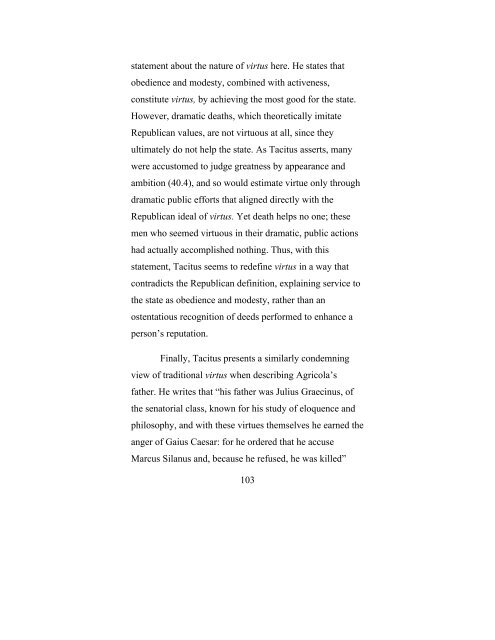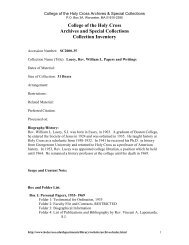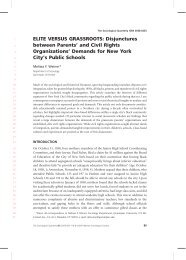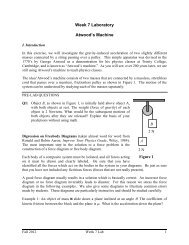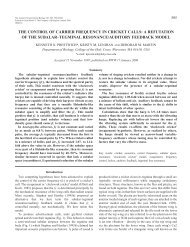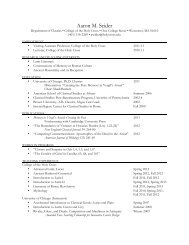Here - Academics - College of the Holy Cross
Here - Academics - College of the Holy Cross
Here - Academics - College of the Holy Cross
Create successful ePaper yourself
Turn your PDF publications into a flip-book with our unique Google optimized e-Paper software.
statement about <strong>the</strong> nature <strong>of</strong> virtus here. He states that<br />
obedience and modesty, combined with activeness,<br />
constitute virtus, by achieving <strong>the</strong> most good for <strong>the</strong> state.<br />
However, dramatic deaths, which <strong>the</strong>oretically imitate<br />
Republican values, are not virtuous at all, since <strong>the</strong>y<br />
ultimately do not help <strong>the</strong> state. As Tacitus asserts, many<br />
were accustomed to judge greatness by appearance and<br />
ambition (40.4), and so would estimate virtue only through<br />
dramatic public efforts that aligned directly with <strong>the</strong><br />
Republican ideal <strong>of</strong> virtus. Yet death helps no one; <strong>the</strong>se<br />
men who seemed virtuous in <strong>the</strong>ir dramatic, public actions<br />
had actually accomplished nothing. Thus, with this<br />
statement, Tacitus seems to redefine virtus in a way that<br />
contradicts <strong>the</strong> Republican definition, explaining service to<br />
<strong>the</strong> state as obedience and modesty, ra<strong>the</strong>r than an<br />
ostentatious recognition <strong>of</strong> deeds performed to enhance a<br />
person’s reputation.<br />
Finally, Tacitus presents a similarly condemning<br />
view <strong>of</strong> traditional virtus when describing Agricola’s<br />
fa<strong>the</strong>r. He writes that “his fa<strong>the</strong>r was Julius Graecinus, <strong>of</strong><br />
<strong>the</strong> senatorial class, known for his study <strong>of</strong> eloquence and<br />
philosophy, and with <strong>the</strong>se virtues <strong>the</strong>mselves he earned <strong>the</strong><br />
anger <strong>of</strong> Gaius Caesar: for he ordered that he accuse<br />
Marcus Silanus and, because he refused, he was killed”<br />
103


